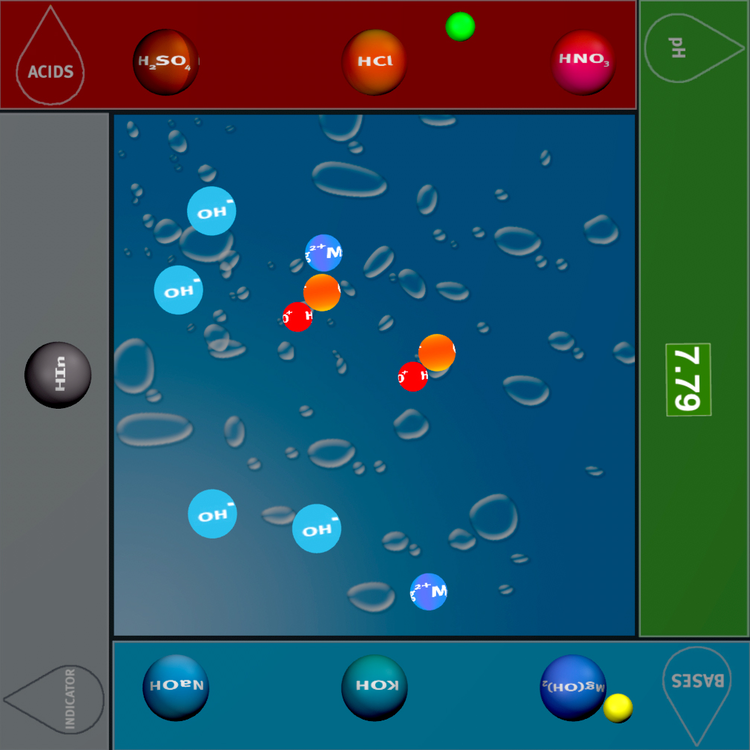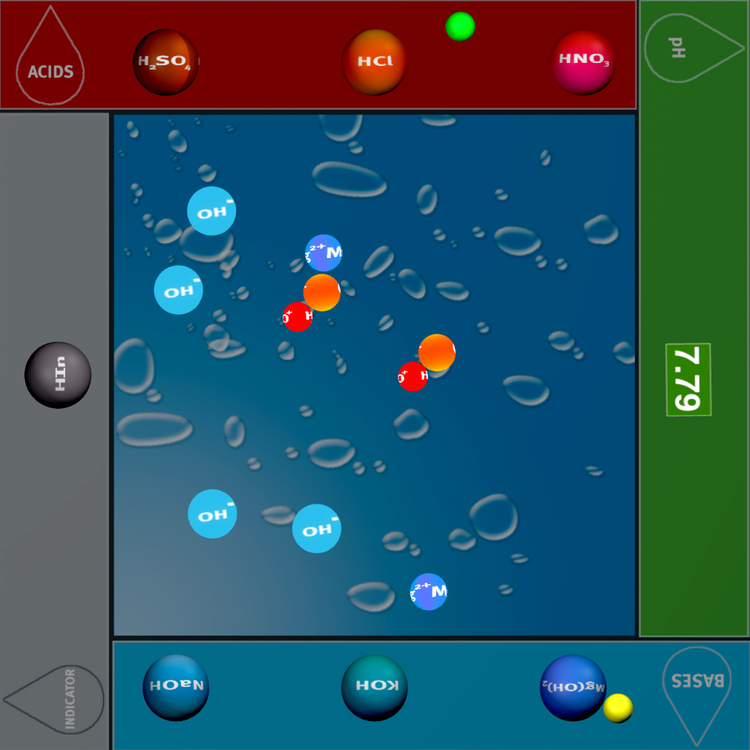Computer Technology Increases Classroom Learning
Research done at Concordia is set out to answer the question: Does computer technology have a positive overall effect on learning in the classroom? The research was expanded from a doctoral thesis by the study’s first author, Rana Tamim, and involved a team from Concordia’s Centre for the Study of Learning and Performance.
Concordia researchers are looking not so much at whether computer technology in the classroom has a positive effect, but under what circumstances positive effects are observed. Engaging game simulations and learning environments achieve this in the classroom.
“Where technology does have a positive impact is when it actively engages students, when it’s used as a communication tool, when it’s used for things like simulations or games that enable students to actively manipulate the environment,” said professor Richard Schmid, chairman of the education department at Concordia University in Montreal.
Brenda Branswell writes for The Windsor Star, February 21, 2012.
For example, rather than just reading about photosynthesis in a science class, with a computer simulation you can change the conditions – increase or decrease the amount of light or water to dynamically examine the phenomenon, Schmid said.

In a SMALLab environment, students are able to jump into a “virtual petri dish” projected onto the floor. They use the tracked object to “grab” molecules from the sidelines and insert them into the flask. They are encouraged to discuss how the molecules react and to note how the PH levels change. See our Chemistry Titration Lab.
“And that’s where it has really positive impact.”
Read the whole story from The Windsor Star…

